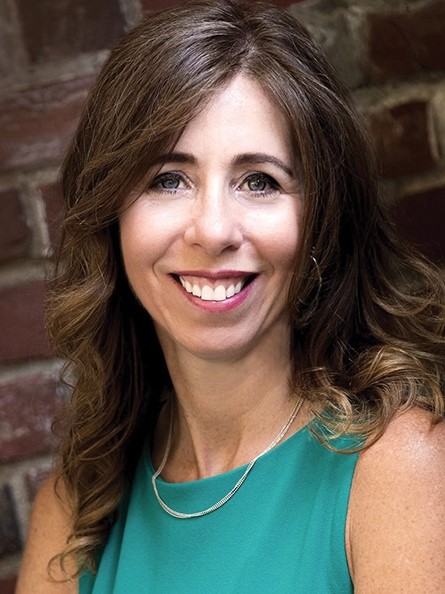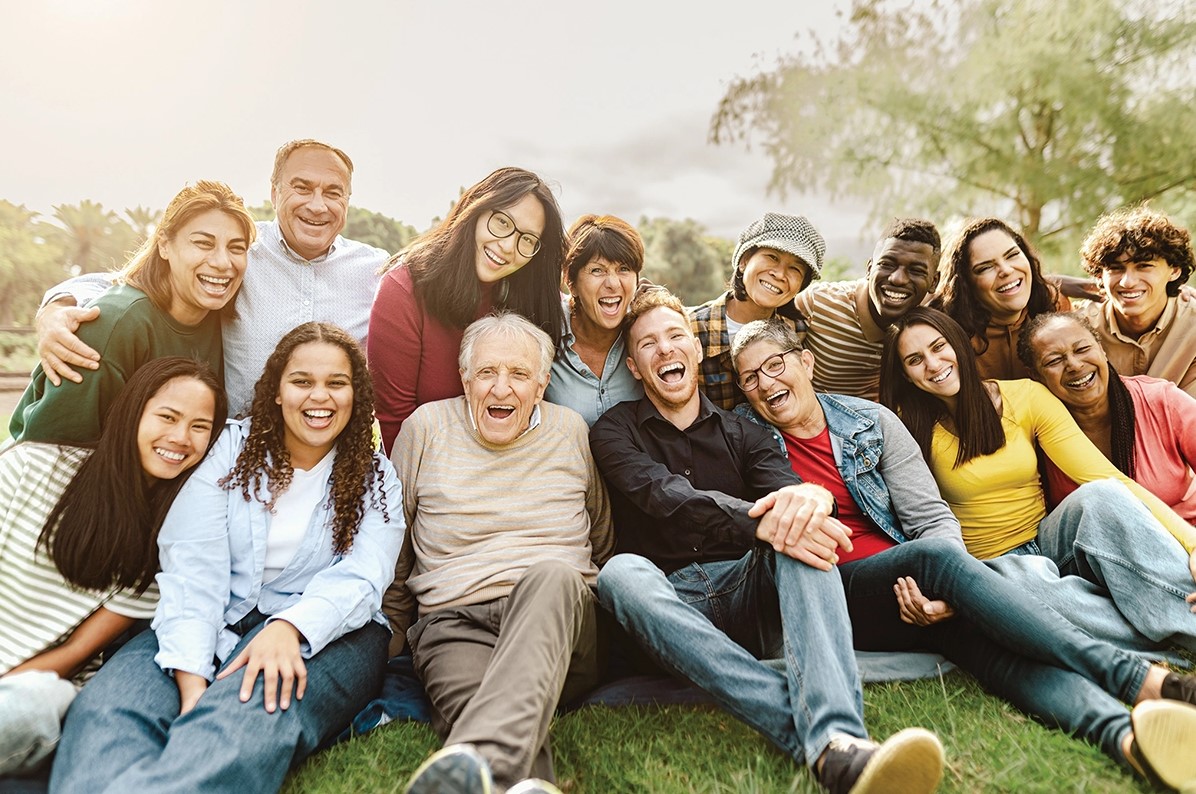Empowering Individuals with Brain Injury: Building Community and Promoting Advocacy
Brain Injury Alliance of New Jersey (BIANJ) offers important resources to assist individuals, families, and caregivers
By Sarah Yulianti, Research Assistant, Center for Traumatic Brain Injury Research

“Living with a brain injury can be challenging on many levels. Our goal is to supply the tools, assistance, and advocacy to help address those issues and improve the quality of life of those we serve,” said Wendy Berk, chief executive officer, BIANJ.
Founded in 1981, the nonprofit organization helps more than 10,000 individuals across the state each year, providing not only these important resources, but also hope. One area of focus is to help ease the isolation and feelings of loneliness that many individuals with brain injury and their loved ones often experience. For some, this is compounded by the loss of a sense of identity and the relationships they once enjoyed.
“We seek to restore those connections through a wide range of activities and social events, such as trips to museums, parks, and beaches, camp programs, and support groups,” explained Berk. Currently, the BIANJ offers in-person support groups in 17 New Jersey counties and many groups on a virtual platform for statewide access.
Building community
The BIANJ recently re-launched its nationally recognized Peer Mentor Program. Individuals and caregivers who have progressed in their brain injury journey are trained and then matched with newly-injured persons for one-to-one support. Research shows people benefit greatly from the understanding and experience of others.

“Providing these unique opportunities for individuals with brain injury and their families to connect with others and be part of a community is vital to improving overall physical, mental, and emotional health,” said Berk, a licensed clinical social worker.
Preventing injury, protecting rights
Injury prevention is another BIANJ goal. Berk and her staff collaborate with schools, senior groups, transportation safety organizations, and others to provide guidance and information on minimizing the risk of injury. These peer-to-peer programs have proven successful among high school and college-age students and serve as a national model in transportation safety.
The BIANJ also advocates tirelessly to protect the rights and access to services for those with brain injury. Berk said, “We are committed to creating a community that’s active, supportive, inclusive, and compassionate … one that empowers individuals with brain injury to live their lives with dignity, respect, and fulfillment.”
